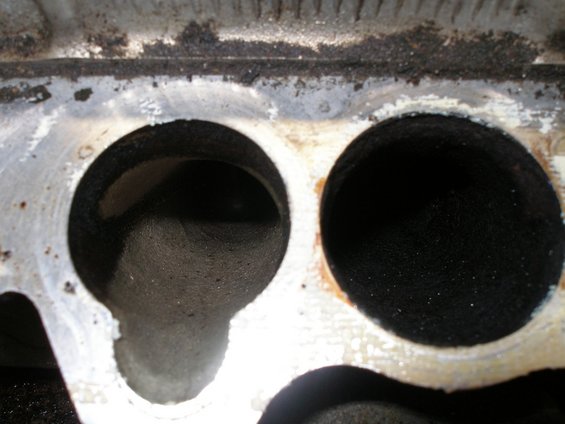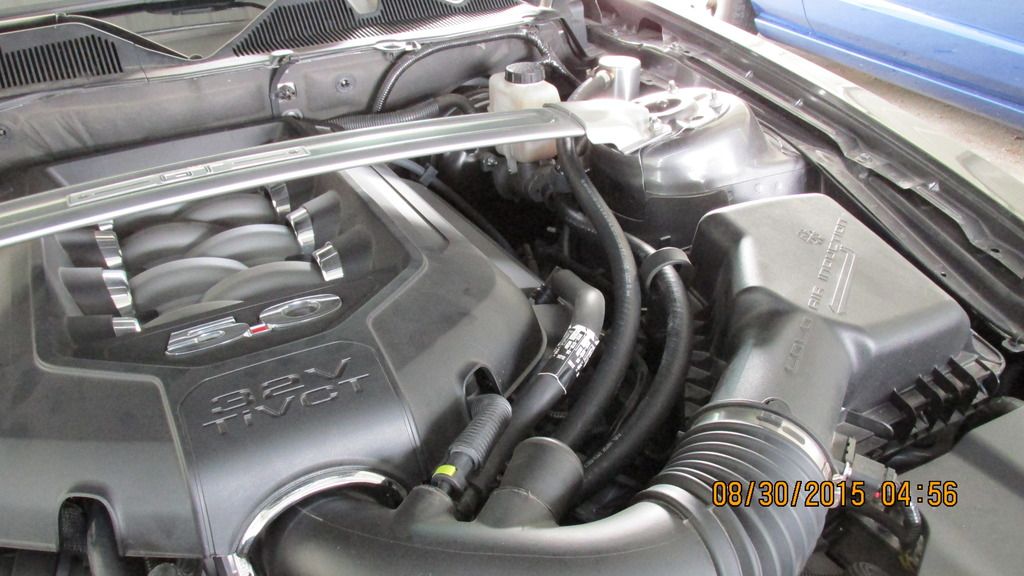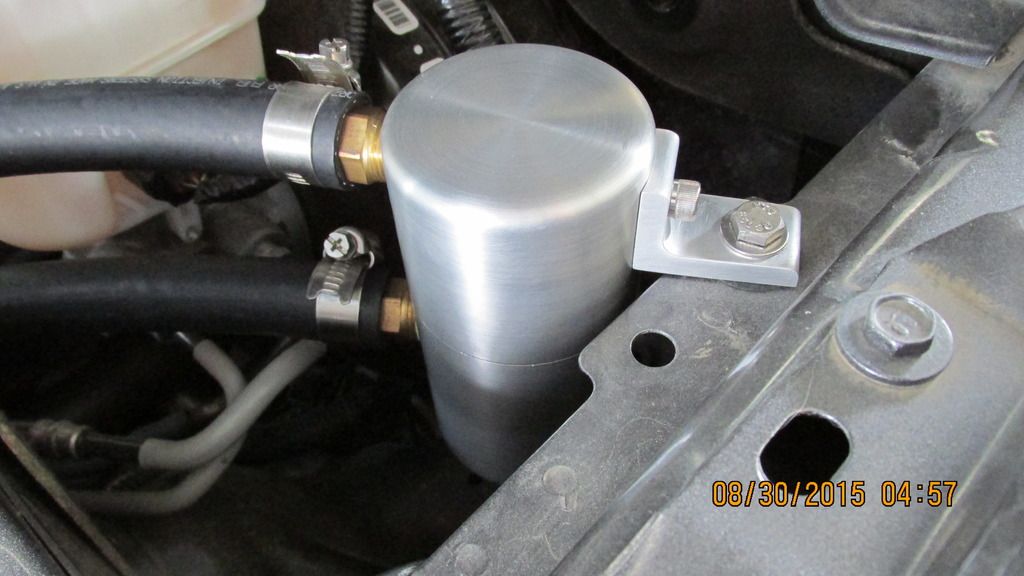Originally Posted By: ragtoplvr
Intake deposits on direct injected engines are a problem, and the causes are not well understood.
Some does come from the PVC. Some comes from reversion that happens and is made worse by variable cam timing. Under some conditions there is quite a bit of reversed flow in the intake. Small differences in engines and driving style make it worse.
We do know long oil change intervals can make it worse.
I see no harm in adding a catch can. It might help. Will not hurt.
Rod
It's not just PCV, but EGR too. The PCV vapour meets the dry soot from EGR and all of a sudden you have a nice viscous sticky black paste.
A catch can may slow the process but will not stop it entirely, and will also reduce the effective CC of the engine.
For a country built on cheap cars and cheap gas, it's a sha,e that your govt. makes you use cars in an unsympathetic fashion.
It's akin to re-breathing your own farts and drinking your own pee. Waste products are to be disposed of, not re-ingested.
Intake deposits on direct injected engines are a problem, and the causes are not well understood.
Some does come from the PVC. Some comes from reversion that happens and is made worse by variable cam timing. Under some conditions there is quite a bit of reversed flow in the intake. Small differences in engines and driving style make it worse.
We do know long oil change intervals can make it worse.
I see no harm in adding a catch can. It might help. Will not hurt.
Rod
It's not just PCV, but EGR too. The PCV vapour meets the dry soot from EGR and all of a sudden you have a nice viscous sticky black paste.
A catch can may slow the process but will not stop it entirely, and will also reduce the effective CC of the engine.
For a country built on cheap cars and cheap gas, it's a sha,e that your govt. makes you use cars in an unsympathetic fashion.
It's akin to re-breathing your own farts and drinking your own pee. Waste products are to be disposed of, not re-ingested.





